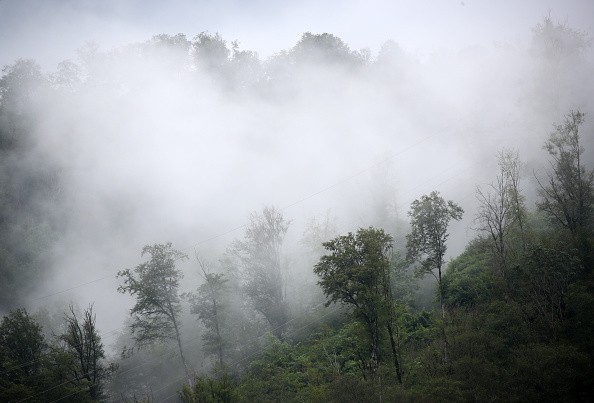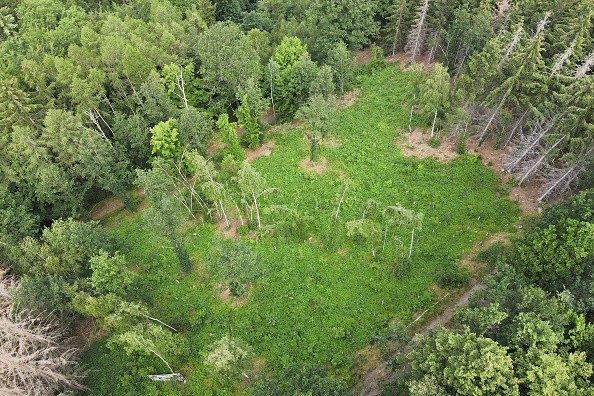One way of increasing rainfall and preventing some of the effects of climate change is transforming agricultural land to forests, as per a new study - with one of the most crucial climate drivers being water availability alongside temperature.

Extra Rainfall in Forests
On the basis of computer models trained on real-world data, the study authors made a conclusion that "a most practical reforestation scenario, which sustainability safeguards constrain" would be sufficient to boost summertime rainfall by 7.6 percent across Europe each year.
That has to do with the conversion of 20 percent of the available land, as concluded by satellite mapping techniques, with the additional rain not just taking place on the forests themselves but also downwind - mostly during the summer months.
Researchers in their published paper wrote that their outcomes suggest that forestation could prompt substantial transformation in precipitation over Europe.
A warning also accompanies the good news - that serious winter rainfall across the continent could become more severe with these named places transformed to forests. This is something that requires cautious consideration in time to come, the team says.
Evapotranspiration
While it's accepted that forested regions usually have more rainfall, there is still no full explanation for this mechanisms. Tree leaves that emits vapor definitely add to air moisture as part of the photosynthesis cycle - a process called evapotranspiration, but this is not just what's going on.
In this study, the researchers suggest that forests, with their high surface roughness in comparison with agricultural land, also have an effect on air turbulence, leading to the slow down of precipitating air masses and making them linger in place.
Also, forested regions make the land surfaces warmer during winter, and cooler when summer sets in. "This could give an explanation on the seasonal cycle of the local signal observed as warmer temperatures at the surface of the land makes the planetary boundary layer unstable, thereby promoting the creation of precipitation," the researchers write.

Decline in Summer Precipitation
Depending on what is known concerning trees and rainfall though, including more to the mainland in some places might help in mitigating some of summertime trends that are drying and anticipated over Europe in the years to come, as the world keeps getting hotter.
Ronny Meier, an environmental scientist from ETH Zurich in Switzerland, told BBC News this decline in summer precipitation that is anticipated in the southern regions of Europe like the Mediterranean is possibly the most menacing climate change signal that is expected regarding precipitation.
While the research neglect some unanswered questions, and the outcomes depend on estimations in the modeled data, the study authors are calling for more awareness on the influence transforming land use has on the climate over the long term.
For more news, updates about rainfall and similar topics don't forget to follow Nature World News!
© 2025 NatureWorldNews.com All rights reserved. Do not reproduce without permission.





